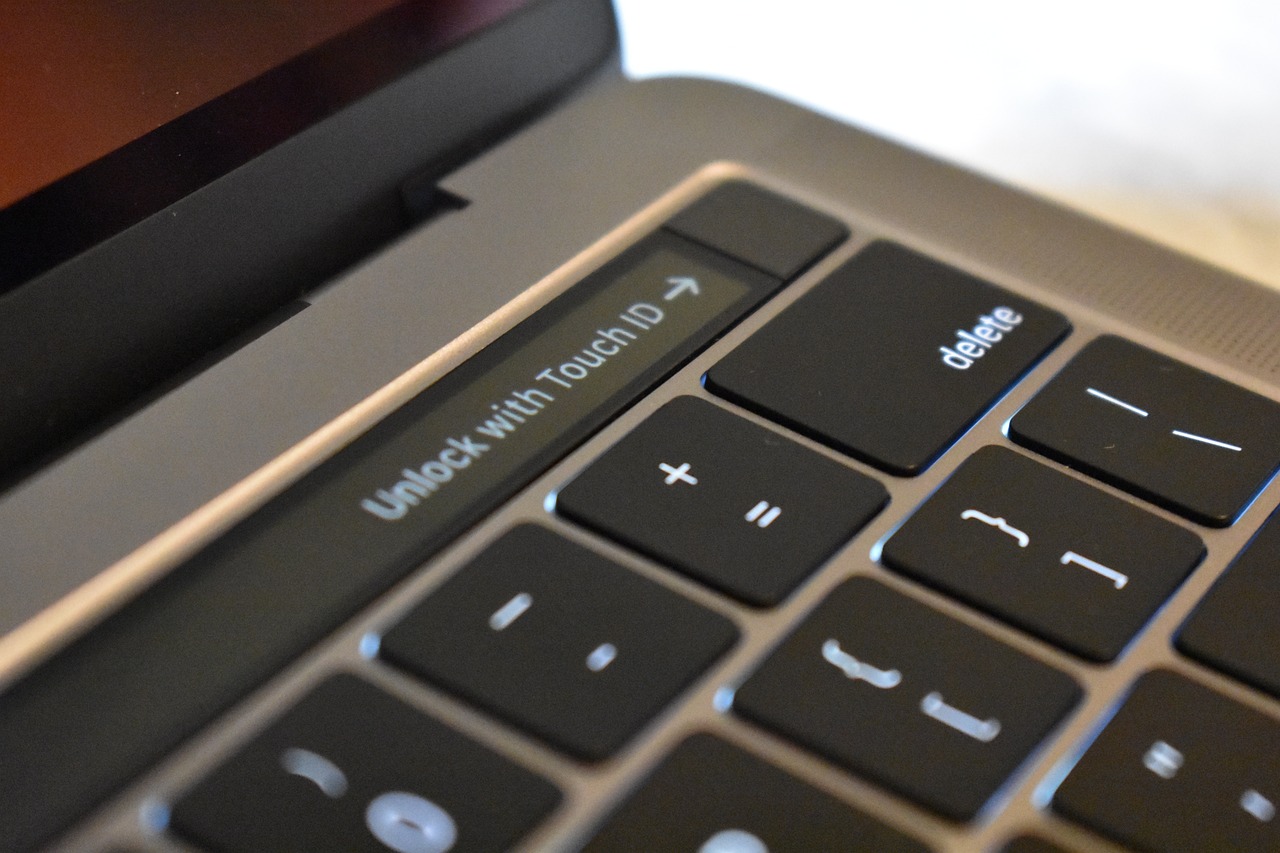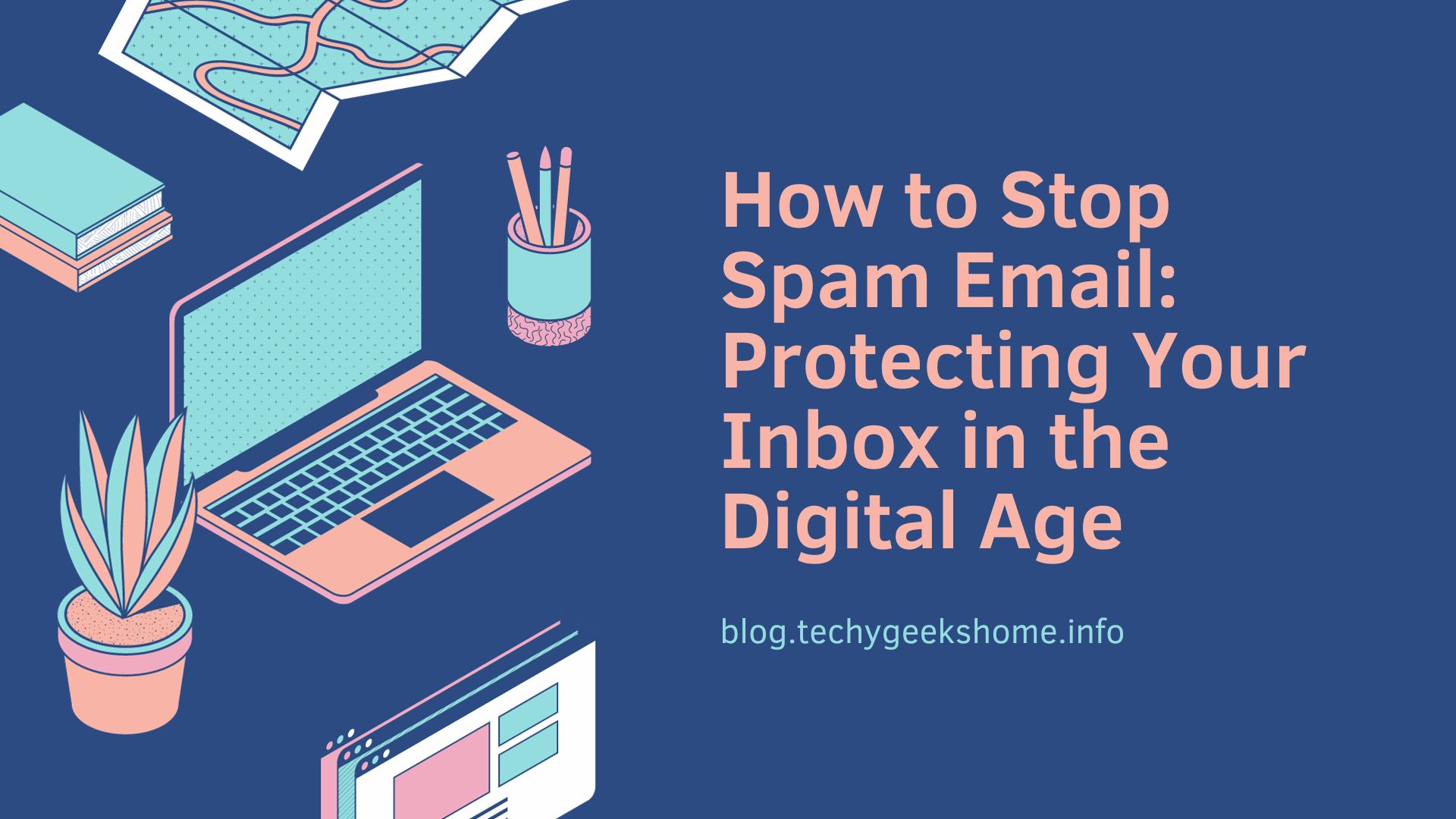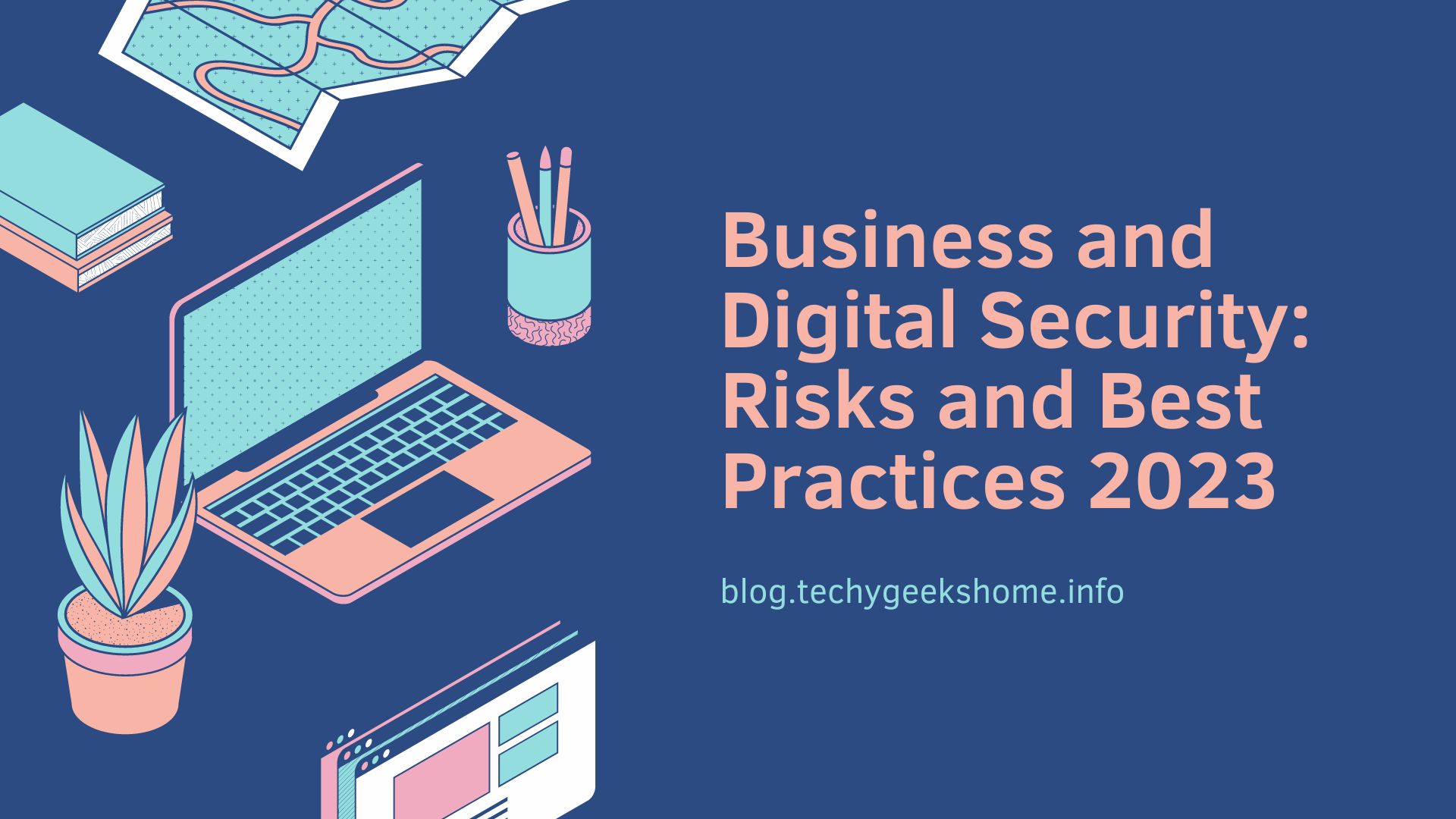Protecting Mac computers from viruses and malware is an important issue in today’s digital era. For a long time, Macs were considered largely resistant to such threats, but with the growing popularity of Apple products, the number of cyberattacks is also increasing. This article presents effective strategies for protecting Mac systems. These include the selection and use of suitable anti-virus software, the importance of regular software updates and awareness of safe internet surfing. After all, a good antivirus program alone is often not enough to effectively prevent today’s threats. These measures are crucial to ensure the security and integrity of Mac devices in an increasingly connected world.
These are the security issues when using a Mac
When using a Mac, security problems can lurk in various areas. One of the most basic aspects is the screen lock, which prevents unauthorised people from accessing the device. It is important to set up a robust screen lock, such as a complex password or PIN. Another sensitive area is the management of app permissions. Users should regularly check which authorisations they have granted to apps and revoke them, if necessary, in order to maintain data control. System updates also play a crucial role in security. Manufacturers publish regular updates to close known security gaps. It is therefore important to install these updates promptly to protect the Mac from potential threats. The use of different user profiles or private areas can also contribute to greater security by separating business and private data and thus protecting it from unauthorised access. All these points are essential to ensure the security of a Mac: If you don’t give enough thought to these points, you run the risk of leaving your Mac vulnerable to viruses and malware.
How Mac users can effectively protect themselves against viruses and malware
To protect Mac users from viruses and malware, it is essential to install reliable antivirus software. These programmes offer real-time protection against known threats and help to identify suspicious activity. It is important to choose antivirus software that is specifically optimised for macOS to ensure maximum efficiency. In addition to antivirus software, it is advisable to carry out regular security updates for the operating system and all installed applications. Manufacturers often release updates in response to newly discovered security vulnerabilities. By keeping your system up to date, you reduce the risk of malware exploiting these vulnerabilities. Clicking away security updates is therefore more than just a “trivial offence”: this convenience can allow viruses and other unwanted software to spread on your Mac. Another important measure is to be aware of phishing attempts and other scams. Users should be alert to emails or messages with unknown attachments or links. It is advisable to only install software from trusted sources such as the Mac App Store and to avoid using software from unknown or unsafe sources. Using a secure browser with built-in security features and enabling a firewall are also important steps to increase online security. Together, these measures provide comprehensive protection for Mac users against the many threats from the Internet. A firewall should always represent the minimum standard of security measures anyway.
Real insider tips: VPN clients and co.
In addition to the basic security measures, there are some insider tips that can offer Mac users additional protection. One of these tips is the use of a VPN client (Virtual Private Network). A VPN encrypts data traffic between the Mac and the internet, which is particularly useful when using public Wi-Fi networks. This protects the data from potential snoopers and hackers. VPN providers with decades of virus experience are especially useful in this case. For example, Avira has a free VPN for Mac. Furthermore, the use of a dedicated hardware firewall instead of or in addition to the integrated software firewall can provide an additional layer of security. Hardware firewalls generally offer more comprehensive security features and can be more effective at blocking intruders and malicious attacks. However, they are also significantly more expensive than the usual software firewalls that are installed on the Mac itself. Another tip is to regularly check the system access rights. Mac users should regularly go through their system settings and check which apps and services have access to important system functions. Removing unnecessary permissions can reduce the risk of malware infection. Finally, using encryption tools for sensitive data can help increase privacy and security. Tools such as FileVault offer the ability to encrypt the entire hard drive, which improves the protection of personal data in the event of physical theft of the device.
Conclusion: More security on the Mac is worthwhile
To summarise, it can be said that investing in the security of a Mac is worthwhile. The combination of antivirus software, regular system updates, conscious surfing behaviour and the use of VPNs and firewalls offers comprehensive protection. These measures significantly minimise the risk of data loss and cyberattacks. Even if a Mac has a reputation for higher security, no platform is completely immune to threats. Users should never sit back and feel too safe from viruses and malware. Proactively securing your Mac is a crucial step in ensuring privacy and data integrity in an increasingly digitised and connected world.
Discover more from TechyGeeksHome
Subscribe to get the latest posts to your email.












Read More web page does not show in browser